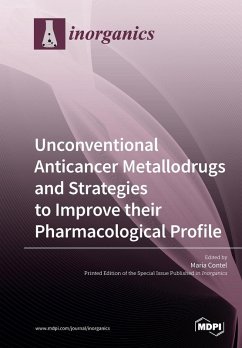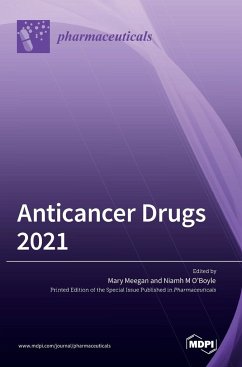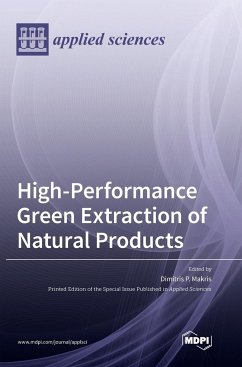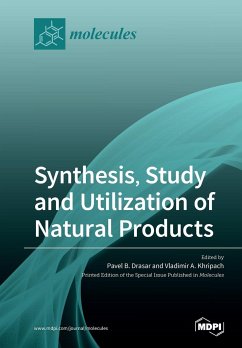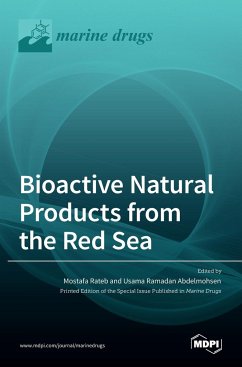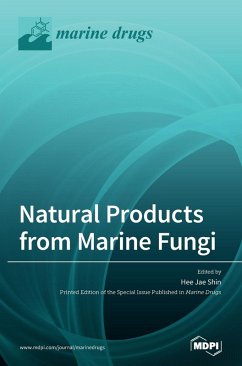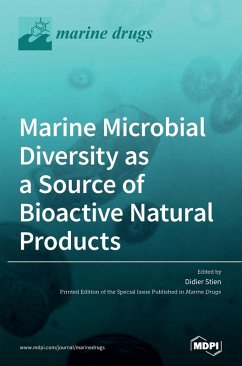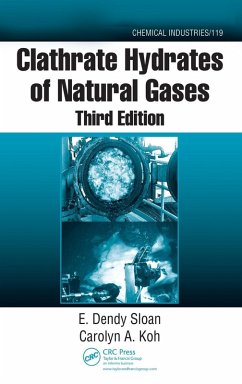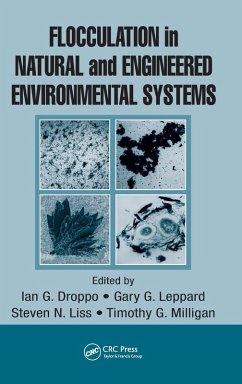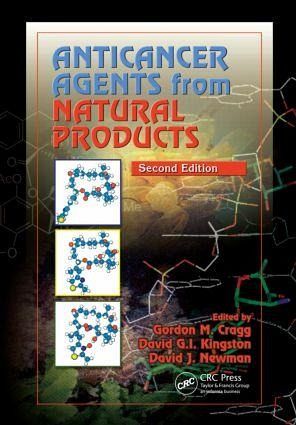
Anticancer Agents from Natural Products
Versandkostenfrei!
Versandfertig in 1-2 Wochen
263,99 €
inkl. MwSt.
Weitere Ausgaben:

PAYBACK Punkte
132 °P sammeln!
"This book covers clinically used anticancer agents that are either natural products or are clearly derived from natural product leads. The second edition includes drugs that are currently in development. In addition, the text emphasizes the applications of synthetic and medicinal chemistry to the preparation of analogs with enhanced activities. Contributors also address the potential of novel drug discovery through the use of genome mining as well as the status of advanced development candidates. For each compound of class of compounds, the text provides information on the history, structure, mechanism of action, development, synthesis, medicinal chemistry, and clinical applications"--
The approach to drug discovery from natural sources has yielded many important new pharmaceuticals inaccessible by other routes. In many cases the isolated natural product may not be an effective drug for any of several reasons, but it nevertheless may become a drug through chemical modification or have a novel pharmacophore for future drug design. In summarizing the status of natural products as cancer chemotherapeutics, Anticancer Agents from Natural Products, Second Edition covers the: History of each covered drug-a discussion of its mechanism on action, medicinal chemistry, synthesis, and clinical applications Potential for novel drug discovery through the use of genome mining as well as future developments in anticancer drug discovery Important biosynthetic approaches to "unnatural" natural products Anticancer Agents from Natural Products, Second Edition discusses how complex target-oriented synthesis-enabled by historic advances in methodology-has enormously expanded the scope of the possible. This book covers the current clinically used anticancer agents that are either natural products or are clearly derived from natural product leads. It also reviews drug candidates currently in clinical development since many of these will be clinically used drugs in the future. Examples include the drugs etoposide and teniposide derived from the lead compound podophyllotoxin; numerous analogs derived from taxol; topotecan, derived from camptothecin; and the synthetic clinical candidates, E7389 and HTI-286, developed from the marine leads, halichondrin B and hemiasterlin.





